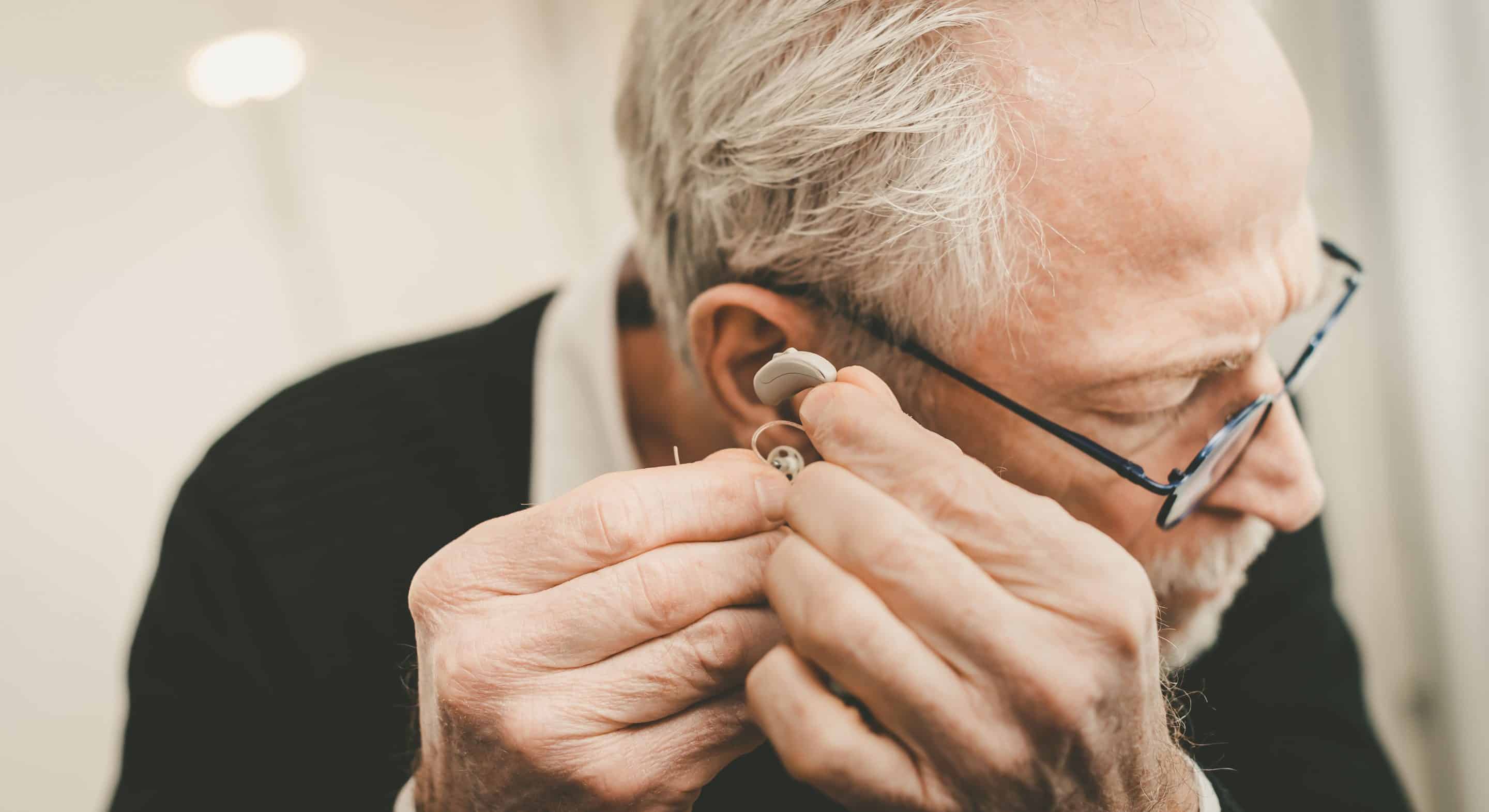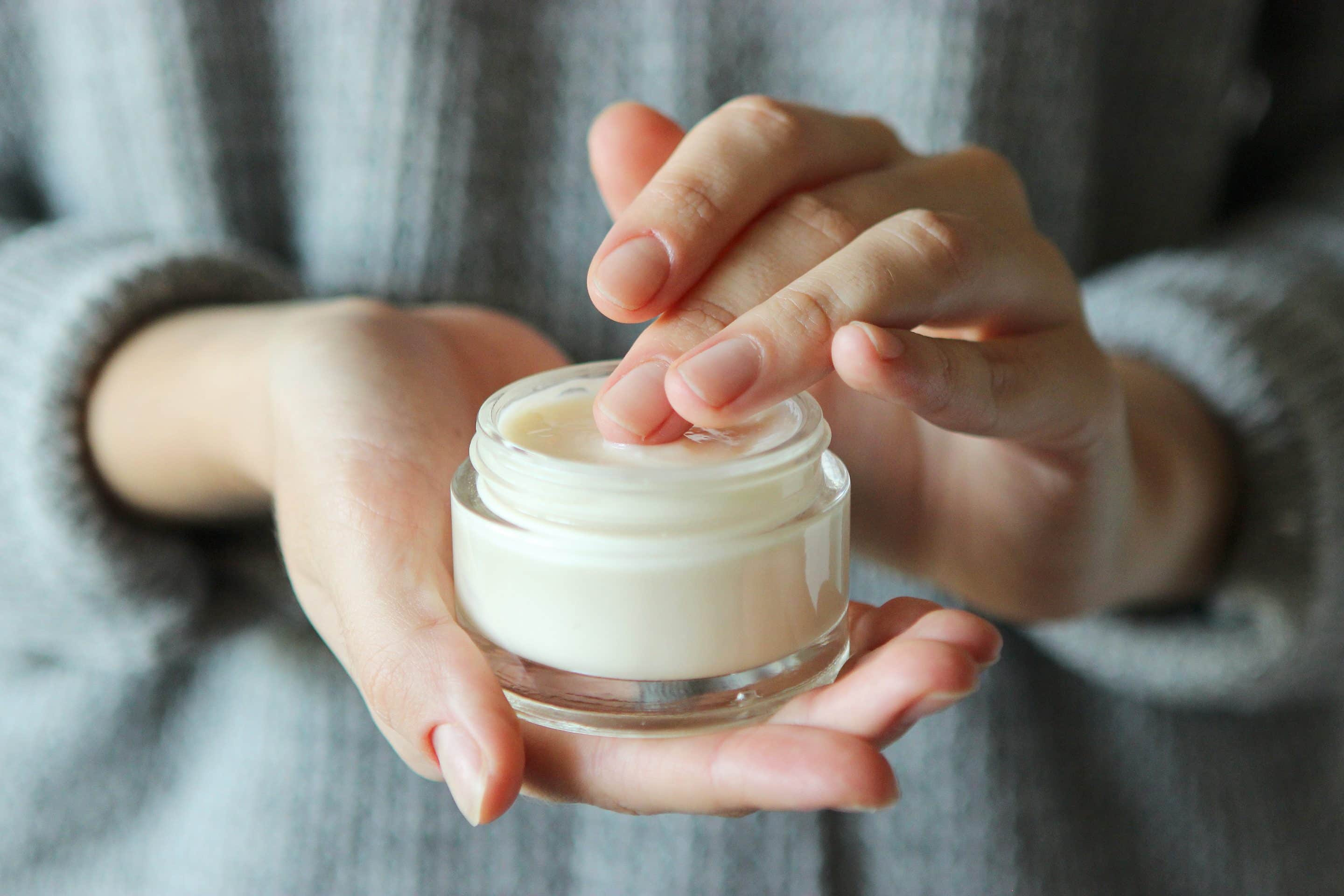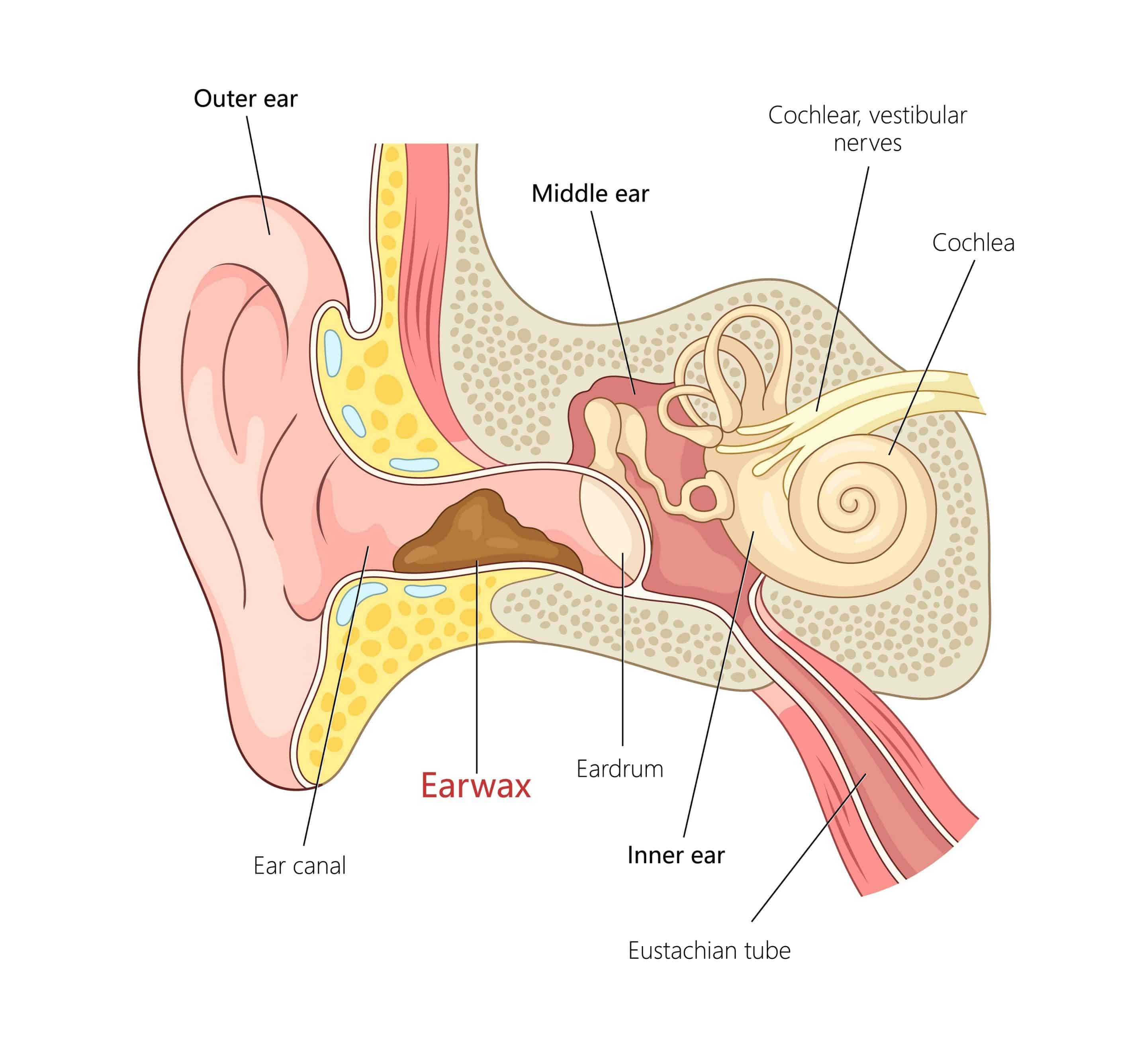Why do my ears itch?
Understanding common causes of itchy ears.
The Causes of Itchy Ears: Understanding Otitis Externa and Other Irritations
Many people ask, ‘Why is the inside of my ear itchy?’ or ‘Why do my ears itch?’
Itchy ears can be incredibly annoying, and something many of us will have experienced at some point.
While a slight itch every now and then is normal, persistent or intense itching could indicate an underlying issue.
To deal with itchy ears, it is important to understand what is causing the itching so that the most appropriate treatment can be found.
Let’s look at some of the most common causes of itchy ears.

Swimmer’s Ear (Otitis Externa)
This is the term often given to otitis externa, which is inflammation or infection of the ear canal (outer ear) and for which itchy ears/ear canals is a key symptom.
Simply put, this is where the thin layer of waxy film which helps to repel water and bacterial growth in the ear canal is broken down and your ears’ natural defences are overwhelmed by bacteria or fungi.
This breakdown is often caused by trapped water, or by scratches from objects like cotton buds/Q-Tips.
If you have spent a lot of time exposed to water, humid conditions or regularly have things in your ears like hearing aids, earphones or cotton buds, then this will increase your likelihood of developing Swimmer’s Ear.
Symptoms include itching, secretions, tenderness and/or pain, swelling of the ear canal and possible hearing loss.
Treatments for Swimmer’s Ear vary, depending on the severity of the case, and medical professionals can advise on the most appropriate one.
Firstline self-care treatments like Otinova® are an excellent choice at the first onset of symptoms, and can help prevent Swimmer’s Ear taking hold, but if symptoms persist or worsen after 1-3 days then you should seek medical advice.
Irritation From Hearing Aids, Earphones etc.
Having objects in your ears, particularly for extended periods of time can rub, scratch, and irritate the skin, causing itchiness.
This is something that many hearing aid and earphone users may be familiar with.
On top of this, wearing hearing aids or in ear earphones can create a humid environment in the ear canal, meaning the protective waxy liner of the ear can become damaged and therefore making it easier for bacteria to cause issues. Some wearers describe their ears as going a bit ‘mushy’ with prolonged use due to the humidity and sometimes wear only one hearing aid at a time to try and avoid this.
To an extent, this can be hard to avoid, particularly if you need to wear your hearing aids all the time.
It can help to make sure that anything that goes in your ear is clean, and to take every opportunity to take the devices out and give your ears a break. There are also self-care products like Otinova® which can help relieve the itchiness.


Skin Conditions
Skin conditions like seborrheic dermatitis, psoriasis and eczema have also been known to contribute to itchy ears, and it’s important to speak to a doctor or pharmacist about the best way to treat and manage these conditions.
Allergies
Allergies can also contribute to itchy ears. Most commonly, seasonal allergies such as hay fever, along with mould spores and dust mites can lead to itchy or tingly eyes, throat, and ears. As well as this, an allergic reaction can also result from a product such as deodorant or sun cream coming into direct contact with the skin.
Allergic reactions can be very severe and even life-threatening, requiring immediate medical attention, so if you think you have an allergy, you should monitor symptoms and see a GP.
The NHS has this useful guide to allergies and when to seek medical attention.
Ear Wax Build-Up and Over-Cleaning
Ear wax plays a vital role in our ears’ self-cleaning mechanism, helping to flush out the ear canals.
However, if ear wax builds up, it can then stick to the sides of the ear canal and cause itchiness. Linked to this, many people attempt to remove ear wax with things like cotton buds or fingernails.
However, this runs the risk of scratching the ear canal, in turn increasing the risk of otitis externa and skin irritation.
On top of that, putting objects in your ears to remove ear wax can also push the wax further into your ears and impact it, causing further issues.
Our ears are self-cleaning, so it’s usually best to leave them to do their thing, and avoid putting things in your ears to remove wax.
Ear wax also helps to counteract the skin’s natural tendency to evaporate, so again, if you over-clean and remove the wax, the skin of your ear canal may then be more prone to drying out and becoming itchy.


General Pointers
As with most itches, scratching often makes matters worse as it further aggravates the skin.
It’s also a good idea to dry your outer ears after a shower, bath, or swimming, and to avoid getting things like shampoos, soaps, and hairsprays in your ears.
When to See a Doctor
While most cases of itchy ears can be managed with self-care or over-the-counter treatments, persistent itching, pain, or discharge may require professional medical attention. If symptoms last for more than a few days, and particularly if they worsen or you experience any pain, hearing loss, drainage or bleeding you should seek medical advice. More information is available from the NHS here.
Please note that this article is for informational purposes only, and is not a substitute for medical advice, diagnosis or treatment.
